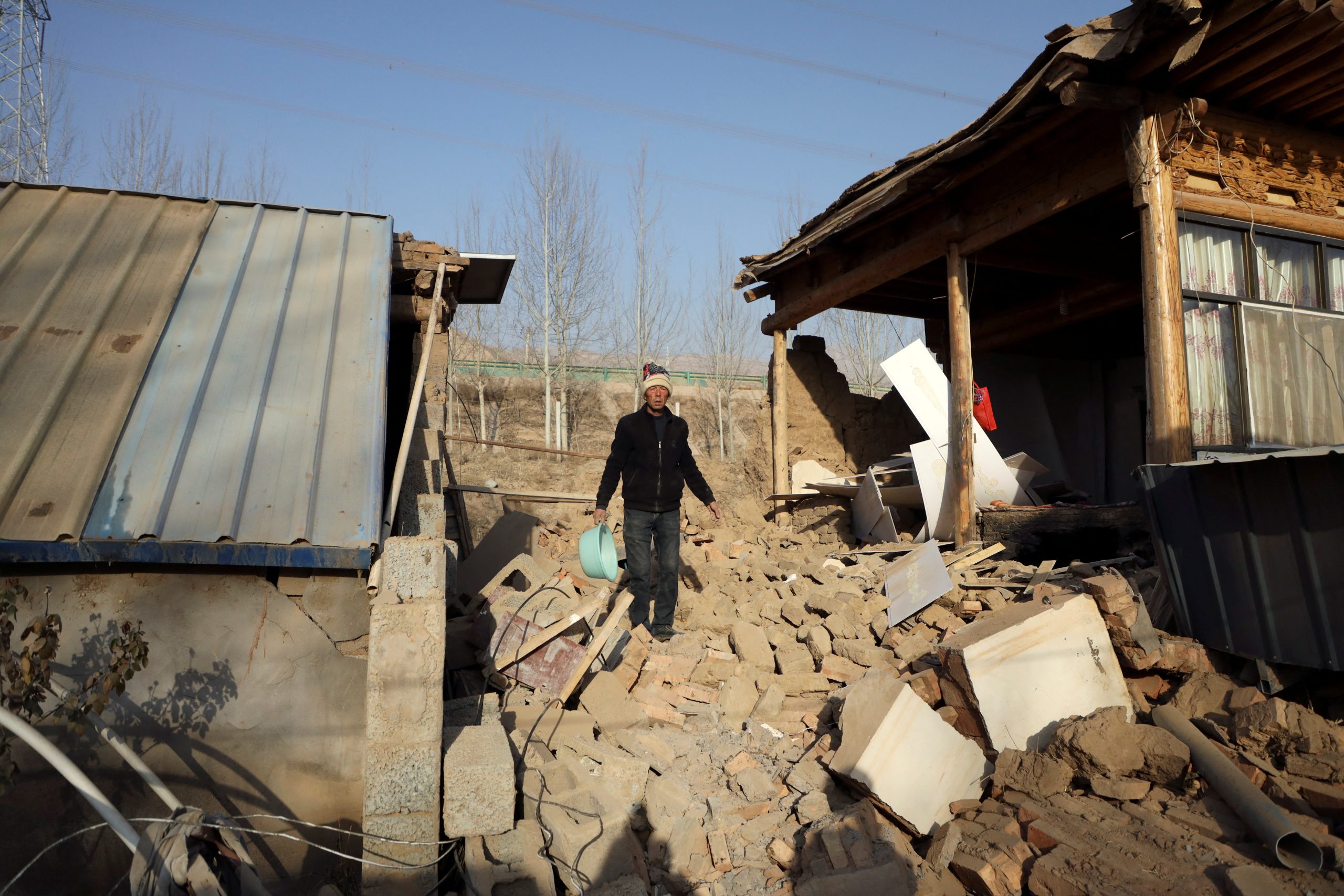Rescuers worked tirelessly in sub-zero conditions to save survivors of a recent earthquake that hit China’s remote Gansu province, as victims faced an uncertain future without stable housing. The magnitude-6.2 quake hit Jishishan county, bordering Gansu and Qinghai provinces, causing extensive damage to homes, infrastructure, and triggering landslides.
The death toll in Gansu rose to 127 with 782 injuries. As 78 people were rescued in Gansu, the rescue operations redirected efforts towards caring for the injured and finding shelter as a prolonged winter loomed.
Recovery faced additional hurdles due to a severe cold snap, with temperatures plummeting to -15 degrees Celsius (-5 degrees Fahrenheit) around the affected area, endangering those trapped under debris. Homeless families resorted to burning wheat straw for warmth, while emergency tents prioritized the most vulnerable.
Survivors recounted harrowing experiences, with homes leveled and families forced to seek shelter wherever possible. Challenges persisted in affected areas, with blocked roads hindering search and rescue operations in severely damaged villages.
Earthquakes are frequent in Gansu and neighbouring regions due to their location near the tectonically active Qinghai-Tibetan plateau. Concerns lingered over potential aftershocks, with authorities monitoring seismic activity closely for possible warnings.
The quake in Gansu’s Jishishan county was logged at a depth of 10 km (6.2 miles), which experts consider shallow. Earthquakes with shallow focal points can easily cause considerable damage to the ground.














